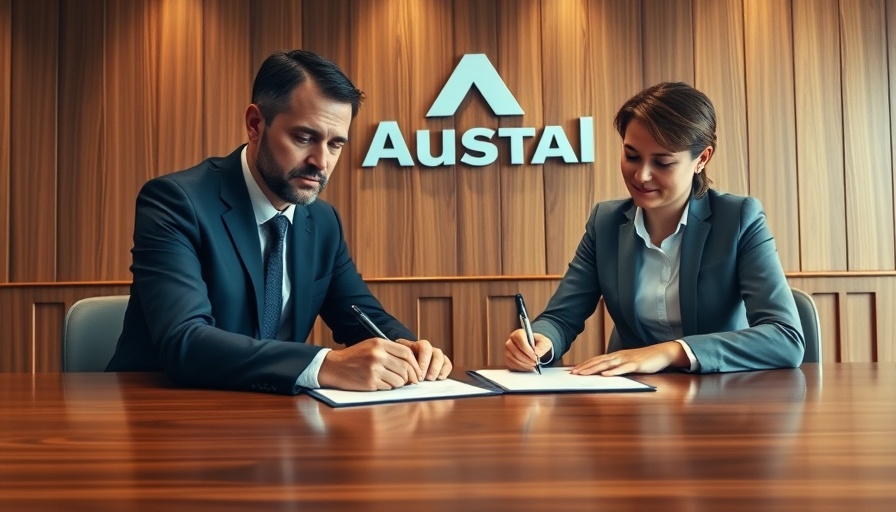
The Return of Wenatchee: A Green Leap for Washington State Ferries
On June 24, 2025, the Wenatchee, Washington State Ferries' (WSF) flagship hybrid-electric ferry, resumed full-time service on the crucial Seattle/Bainbridge route. After a brief period of operating part-time, this milestone marks a significant achievement in the state’s initiative towards green transportation. The Wenatchee is not only the first hybrid-electric ferry in the WSF fleet but is also now recognized as the largest passenger ferry in the U.S. to be electrified.
Understanding the Significance of Hybrid-Electric Ferries
The Wenatchee’s conversion to a hybrid-electric system represents a core part of Washington’s broader strategy to modernize its aging fleet while simultaneously cutting down on carbon emissions. Deputy Secretary of WSDOT, Steve Nevey, emphasized the importance of this transition in a recent update, stating, “This is a big step in our work to upgrade our fleet and to cut down on emissions.” The new technology not only enhances operational efficiency but also supports the state’s commitment to sustainability.
Celebrating Collaborative Efforts Behind the Upgrade
A considerable amount of teamwork and dedication went into achieving the Wenatchee's hybrid-electric conversion, completed by Vigor Marine in Seattle. Nevey extended his gratitude to over 600 employees and union-represented craftspeople for their hard work on this project, illustrating the power of collective effort in achieving large-scale infrastructural advancements.
Enhanced Safety Measures with New Legislation
In addition to the ferry’s reopening, a new piece of legislation, effective from July 27, broadens protections for WSF employees. This law establishes similar safeguards for ferry crew members as those applied to public transit workers statewide. Under this legislation, it will now be considered a misdemeanor to engage in behaviors such as smoking or damaging property on ferries, reflecting a greater commitment to ensuring a respectful and secure public transportation environment.
Looking Ahead: The Future of Ferry Transportation
The Wenatchee's initiative might pave the way for further innovations within Washington’s ferry systems as well as the maritime industry at large. As other states and regions observe the successful implementation of hybrid-electric technology, there’s potential for a broader adoption of similar models, potentially revolutionizing how maritime transportation aligns with modern environmental standards.
Conclusion: The Implications for Commuters and the Environment
The return of Wenatchee not only enhances service reliability for commuters but also serves as a pivotal example of how traditional transport systems can adapt to meet contemporary environmental challenges. As Washington State Ferries continue to lead the charge in electrification, the benefits of hybrid-electric technology will resonate through improved air quality, reduced emissions, and possibly even economic savings, fostering a greener future for all.
Experience the revolution in ferry travel by supporting Washington State Ferries and consider how these advancements not only positively impact daily commutes but also our planet.
 Add Row
Add Row  Add
Add 




Write A Comment